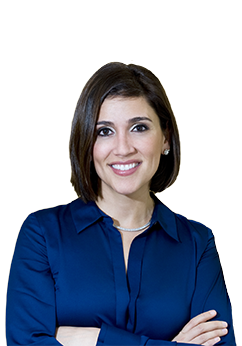In today’s younger generations, I feel that they are taught to listen, memorize and do rather than to slow down, understand and think through a process. This type of learning seems to be further continued and reinforced in most business settings. In fact, I have attended continuing education seminars where this same approach was being used to teach doctors and their team members.
It is faster and easier to just tell people what to do, and for the learner, it is quicker to only memorize; it takes a lot less energy. People robotically proceed through the day, and then they’re confused when things go wrong. There is little understanding and no connection to what it is they are doing. This teaching model is detrimental to our youth and to our workforce because it does not inspire people to be more and creates no sense of loyalty.
For example, when I used to conduct hiring-process interviews with dental assistant applicants, I found that the majority of them thought their responsibilities finished with suctioning and successfully passing instruments. They were quiet and timid, and most of them had no understanding of how to use the materials they potentially would be handling. When I asked them why they were searching for a new job, the answer given rarely was about money. The most common response was: “I want a job where I can learn and continue to grow.” They had little connection with their patients, and most came from offices with a lot of internal conflicts amongst the staff members.
If we teach people to interpret and process tasks, it will better equip them to handle the next task they are presented with. In my office, I train my assistants to function as clinicians. I am clear about my practice vision and my expectations of them. Each task is broken down, reviewed and reassessed until the trainee feels he or she has mastered the concept and is ready to move on to the next. You see, it’s when people understand why they are doing something that they really get how to do it and it sticks with them. Aside from that, they value the time spent in developing their skillset. Team members who are continuously well-trained feel confident and are present in their encounters throughout the day.
If we have a team of “doers” rather than “thinkers,” we set up a work environment where the mind-set becomes, “well, that’s not my job” or, “no ever told me.” However, if we cultivate “thinkers,” the entire team has a unified vision of the practice philosophy and a clear understanding of what the collaborative goals are. What type of team would you rather work with?


Leave a comment